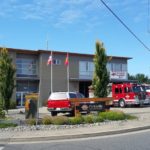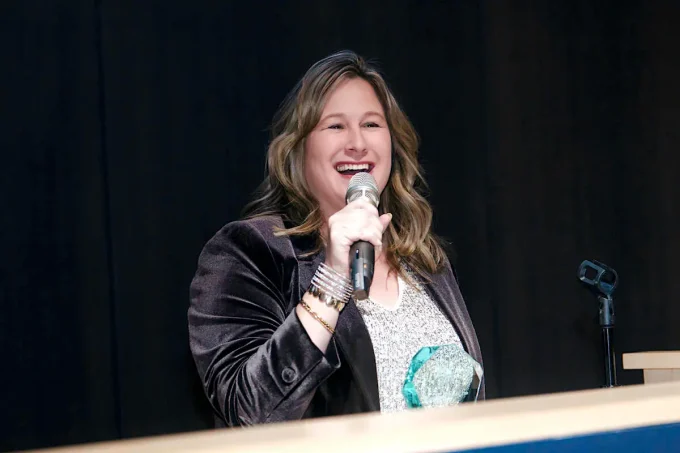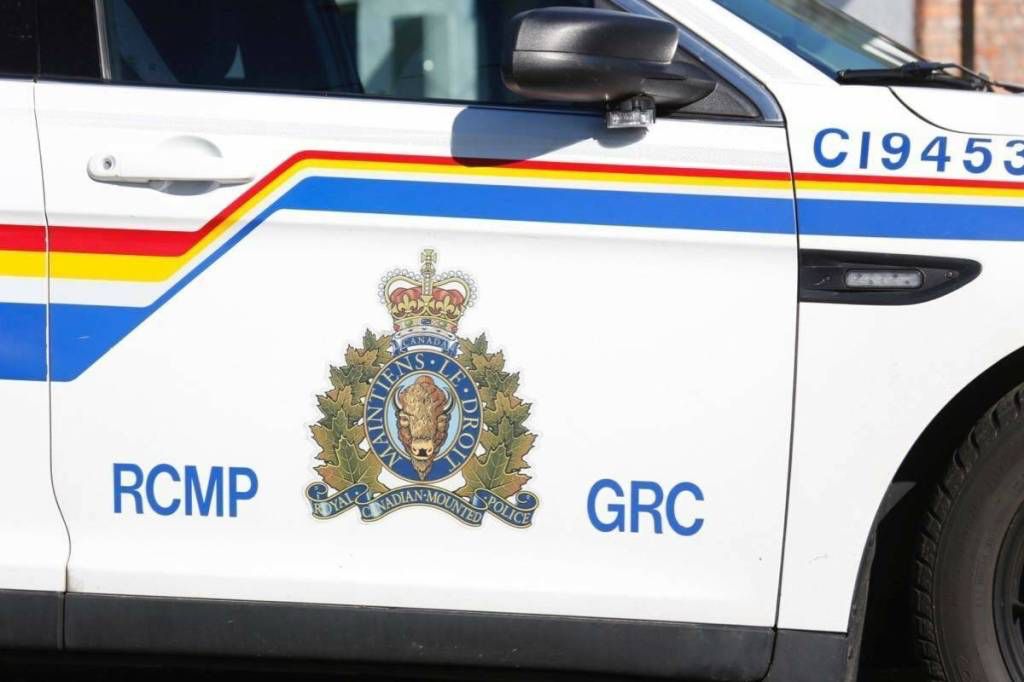Introduction
From city hall to federal cabinet, Gregor Robertson’s political journey has been defined by a bold vision for sustainable cities, housing justice, and progressive leadership. As the longest-serving mayor in Vancouver’s history (2008–2018), he reshaped the city’s global identity—pioneering green initiatives, housing interventions, and inclusive civic engagement. In 2025, Robertson returned to frontline politics, elected as Member of Parliament for Vancouver Fraserview–South Burnaby and appointed Minister of Housing, Infrastructure, and Pacific Economic Development. A former entrepreneur and environmentalist, Robertson’s path has never been conventional. He co-founded Happy Planet, a health food brand, sailed the Pacific, and lived as a farmer before entering politics. Today, he stands as a powerful voice on climate action and urban development, blending grassroots sensibilities with global perspective.
Early Life and Background
Gregor Angus Bethune Robertson was born in North Vancouver on September 18, 1964, to a family with Scottish roots. His upbringing was transnational—split between California’s Portola Valley and Vancouver’s North Shore, reflecting the influence of both his educator mother, Corneil Therrien, and his father, John Robertson, a respected lawyer. His family lineage includes notable figures such as his grandfather, Dr. Emile Therrien, and his grandmother’s cousin, Norman Bethune—the famed battlefield physician and humanitarian.
Robertson attended Carson Graham Secondary School and pursued higher education at Colorado College and the University of British Columbia, graduating with a dual major in English and Biology. Initially aiming to study medicine, he was turned down by UBC’s medical school and instead trained as an emergency medical technician. But his career soon diverged towards agriculture and environmental sustainability. In his twenties, he sailed across the Pacific with his then-wife and later settled in New Zealand as a farmer. Upon returning to Canada, he bought farmland in Glen Valley and began cultivating organic produce.
These early experiences—rural life, rejection, and reinvention—shaped his future worldview: one grounded in social responsibility, ecological awareness, and public service.
Career Journey
Robertson’s entrepreneurial career took flight when he co-founded Happy Planet in the mid-1990s—a Vancouver-based organic juice and soup company that quickly became a national brand. His leadership earned him a place in The Globe and Mail’s “Top 40 under 40.” Yet business was only a prelude to his deeper calling.
He entered politics with the BC New Democratic Party, winning the Vancouver–Fairview seat in 2005. As an MLA, he served as Opposition Critic for Advanced Education and Small Business, and co-chaired the Climate Change Task Force. In 2008, Robertson shifted to municipal politics, securing Vision Vancouver’s nomination for mayor. He won the election that same year, defeating Peter Ladner and commencing a decade-long tenure that would leave a lasting mark on Vancouver’s urban landscape.
As mayor, Robertson prioritized sustainability, affordable housing, public transit, and reconciliation with Indigenous communities. Under his leadership, Vancouver launched the Greenest City 2020 Action Plan—setting benchmarks for emissions, green jobs, and livability. He introduced the city’s first Economic Action Strategy, catalyzing growth in clean tech and digital sectors. His administration also expanded the cycling network, launched the Mobi bike-share program, and improved SkyTrain infrastructure.
Robertson’s social agenda was equally ambitious. He created the Vancouver Affordable Housing Agency and spearheaded modular housing projects to combat homelessness. He positioned Vancouver as a “City of Reconciliation,” building close partnerships with local First Nations and opposing the Trans Mountain pipeline expansion.
After stepping away in 2018, Robertson continued working globally—as Global Ambassador of the Covenant of Mayors and as a special envoy for the CHAMP initiative. In 2025, he returned to federal politics under the Liberal Party banner, winning the Vancouver Fraserview–South Burnaby seat. Prime Minister Mark Carney appointed him Minister of Housing and Infrastructure, entrusting him with Canada’s urban future.
Key Achievements & Public Perception
Robertson’s legacy in Vancouver is defined by transformative urban policy. The Greenest City 2020 Action Plan elevated Vancouver to global leadership in climate action, earning accolades like the WWF’s Earth Hour Capital and top rankings on the Global Green Economy Index. He championed innovative green building standards, promoted renewable energy, and supported waste-to-energy infrastructure.
His bold housing strategies—including the creation of over 600 modular homes in partnership with the BC government—were praised for their speed and effectiveness. Despite criticism for rising homelessness numbers, Robertson maintained that systemic issues and interprovincial migration complicated local outcomes.
He also expanded protected bike lanes and improved public transit, helping Vancouver reach its goal of 50% sustainable mode transport by 2015—five years ahead of schedule. His collaborative approach to Indigenous reconciliation earned respect, as did his cultural openness and advocacy during events like the 2013 Walk for Reconciliation.
Public perception of Robertson has ranged from visionary reformer to polarizing figure. Supporters hail him as a progressive climate leader and social reformer. Critics often pointed to gentrification and policing decisions. Still, his reputation as a globally respected urban leader remains firmly intact.
Controversies/Challenges
Robertson’s administration wasn’t without its struggles. The 2011 Stanley Cup riot, which followed the Canucks’ Game 7 loss, led to public backlash and media scrutiny. Critics dubbed it “Robertson’s Riot,” although he distanced himself from operational planning, calling it the work of “a small group of troublemakers.”
His administration also faced criticism for bylaws enacted during the 2010 Winter Olympics, which some civil rights advocates felt restricted free expression. Furthermore, Vancouver’s housing affordability crisis remained unresolved despite several policy attempts.
His leadership style—direct and action-driven—sometimes clashed with council opposition and community activists. Nonetheless, many challenges stemmed from balancing rapid urban growth with inclusive social policy.
Current Role & Future Outlook
As of 2025, Robertson serves as Canada’s Minister of Housing, Infrastructure, and Pacific Economic Development. He is expected to steer the national housing agenda during a critical time of affordability crises across major cities. Drawing on his municipal experience, he is advancing green building policies, Indigenous partnerships, and smart infrastructure development.
He also continues to play an international role through the Global Covenant of Mayors and CHAMP, where he pushes for climate financing and city-level action. With the Liberal government’s renewed climate and urban focus, Robertson stands poised to influence both national and global discourse on urban sustainability.
Conclusion
Gregor Robertson’s career illustrates the power of long-term vision in shaping resilient, inclusive cities. From his entrepreneurial beginnings and adventurous early life to becoming one of Canada’s most influential urban leaders, his path has defied convention. He made climate policy local, turned housing into action, and brought First Nations voices to the municipal table.
Now operating on the federal stage, Robertson brings decades of governance, innovation, and grassroots insight into national policy. Whether building housing or bridges—literal and metaphorical—his work continues to redefine what sustainable leadership means in the 21st century. In the context of Surrey and broader British Columbia, his model offers inspiration for emerging civic leaders aiming to blend pragmatism with purpose.












Leave a comment